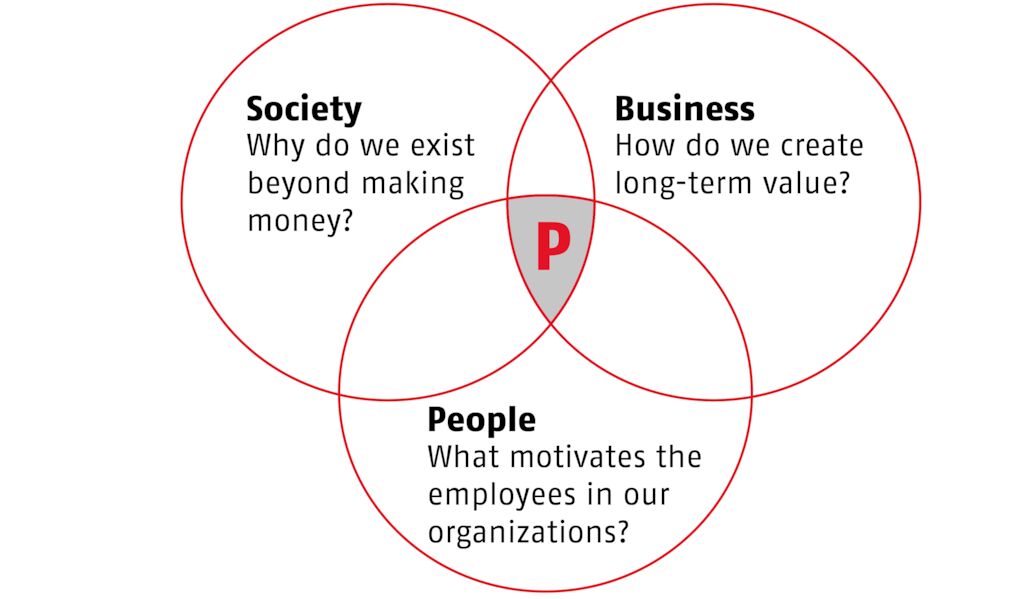The world in 2050
How can 10 billion people live on earth by 2050? It seems that in 2019 the world has finally woken up to the challenges we face as humankind. We must all ask ourselves, how we can build a society that uses only the amount of resources it produces in a given year? How can we change our infrastructure to support electric mobility? How do we transform farming to use less water while producing higher yields? How do we all become conscious consumers that through our choices impact the way things are manufactured and consumed?
If we do not solve these key issues by the time 10 Billion people populate this planet, we will no longer be able to live here harmoniously. Rather, we will be fighting for scarce resources due to rising sea levels, uninhabitable climates, and unequal agricultural land use to support only the wealthy nations.
The future role of business
Corporations have come to terms with the challenges and opportunities posed by the required transformation in the coming years. Was it the power of Greta Thunberg´s Fridays For Future movement or Blackrock CEO Larry Fink’s statement that “Companies we invest in need to serve a social purpose” that made an impression? The business round-table representing the 200 largest companies issued a new statement on the purpose of corporations this year, in which their essential role for improving society is explicitly highlighted, and the concept of shareholder value creation is being replaced by a more holistic stakeholder approach, including customers, employees, suppliers and communities. We have reached an inflection point in history: Either businesses continue as before and we lose the battle for our future, or businesses become drivers of the changes needed for a more sustainable future.
The next transformation: Sustainability
Some companies are already showing such commitment. As Unilever CEO Alan Jope puts it: “Our vision is to be the leader in sustainable business.” It plans to divest brands that don´t meet the firm’s new standard. Microsoft’s recently announced to be carbon negative by 2030 – introducing amongst other things an internal carbon tax and new procurement processes to enable and incentivize suppliers to reduce emissions.
In these leading-edge companies, it seems that the much-hyped “digital transformation” is now being replaced by a “sustainability transformation.” This means that businesses take the concept of sustainability out of the box at the sidelines of an organization and put it at the heart of their business operations. With this move, these organization will become the leaders for a new world with more equality, less poverty, improved health, cleaner water, sustainable energy and responsible consumption.
Corporate purpose creates momentum
The key to start the sustainability transformation within organizations is the concept of corporate purpose. Corporate purpose is the force that sets an organization and its people in motion. It is an organization´s reason for being and sits at the intersection of three areas, each with an intrinsic question:
The purpose of an organization

